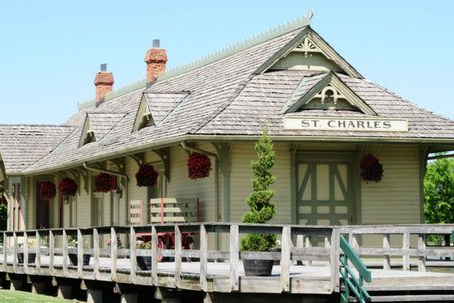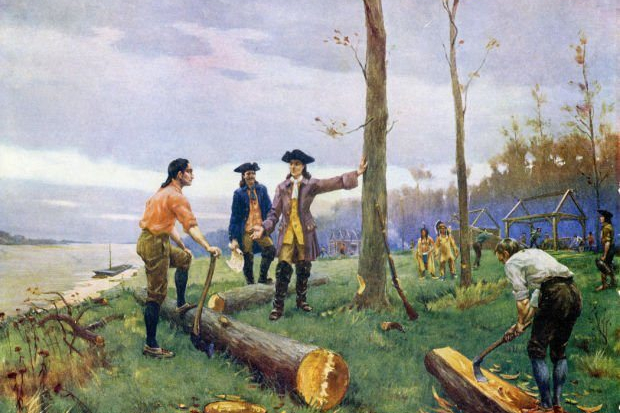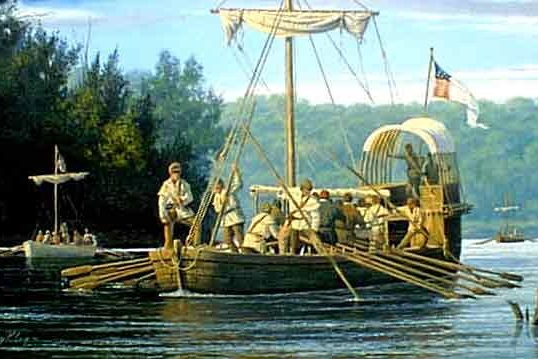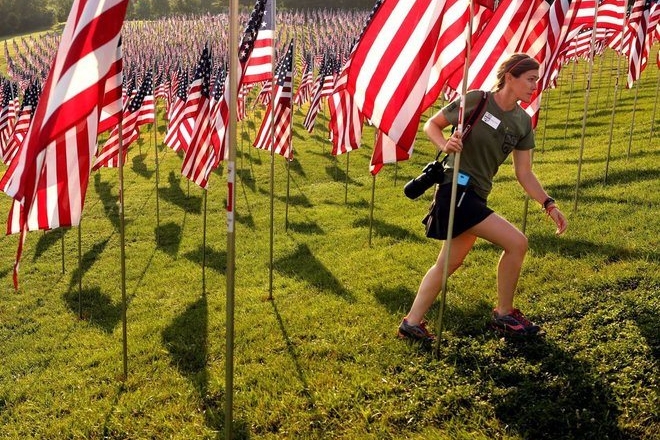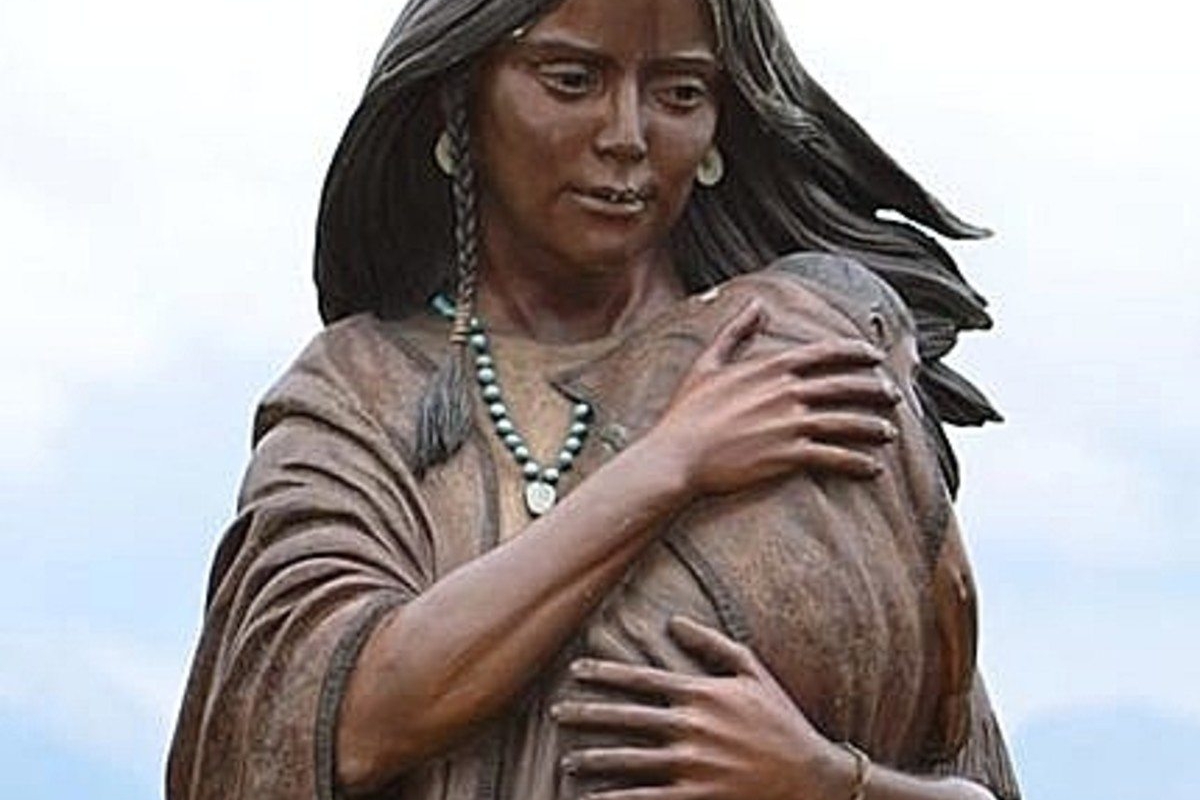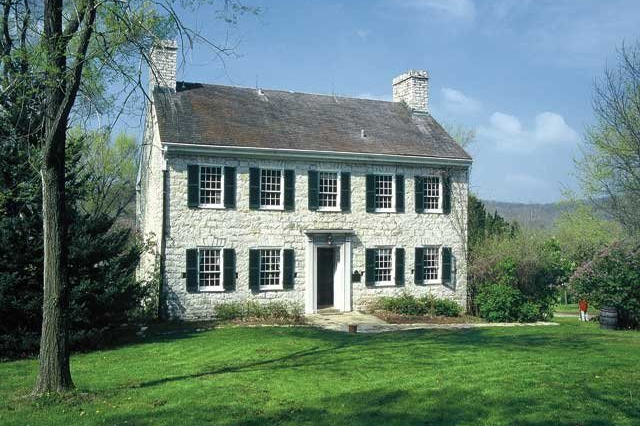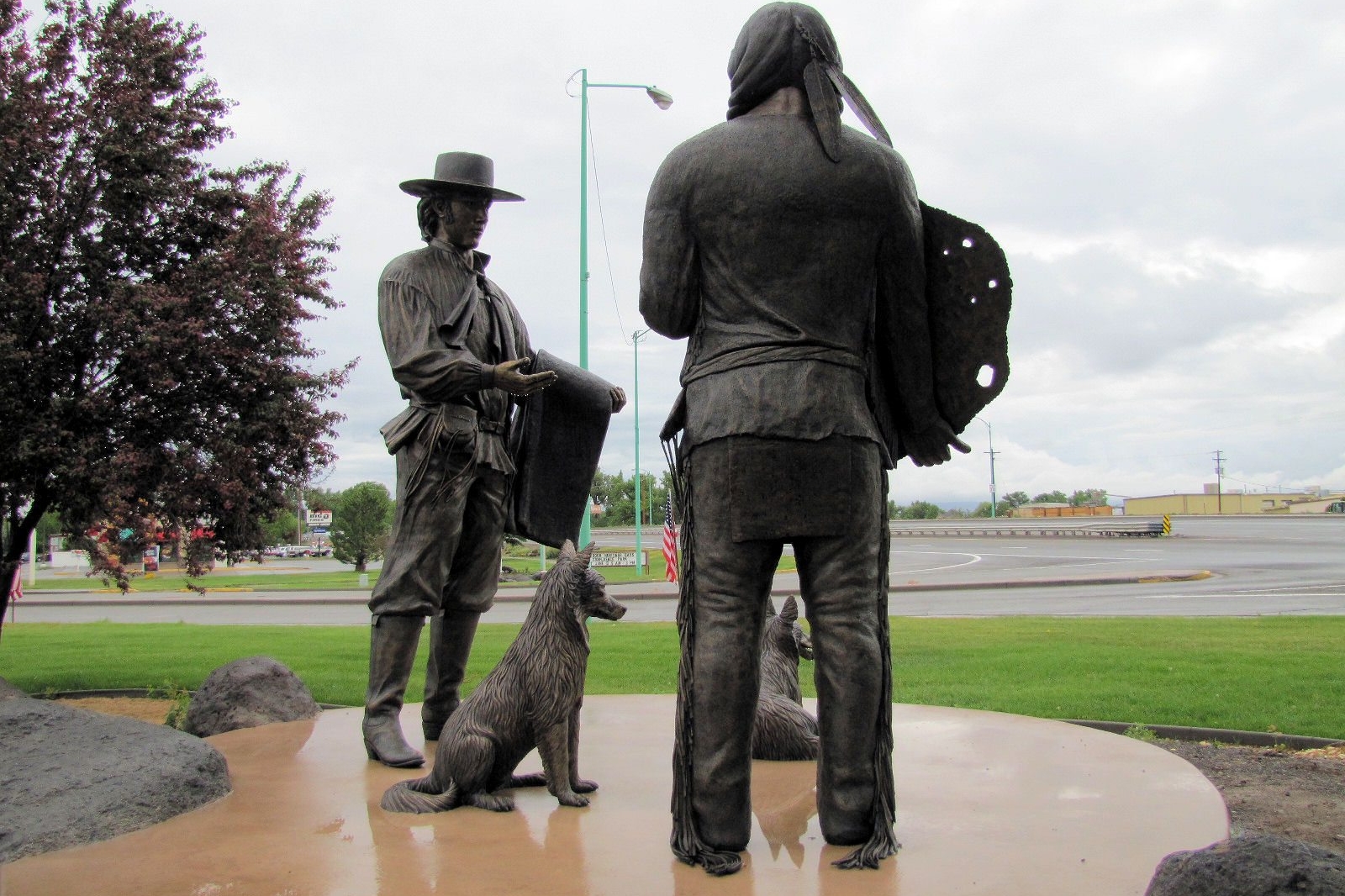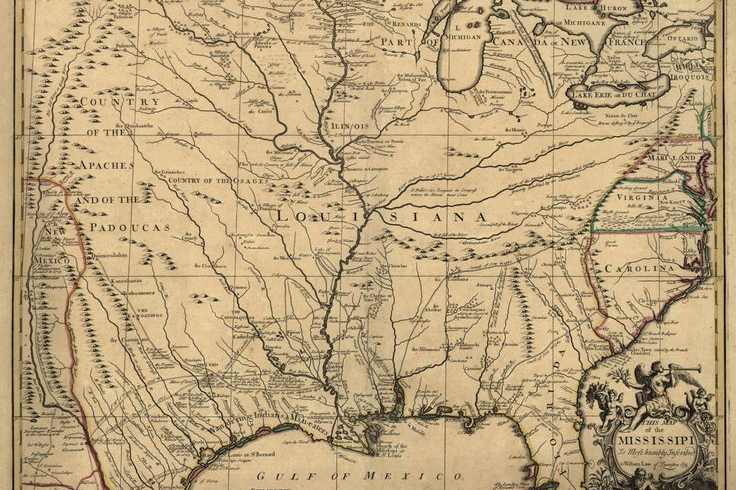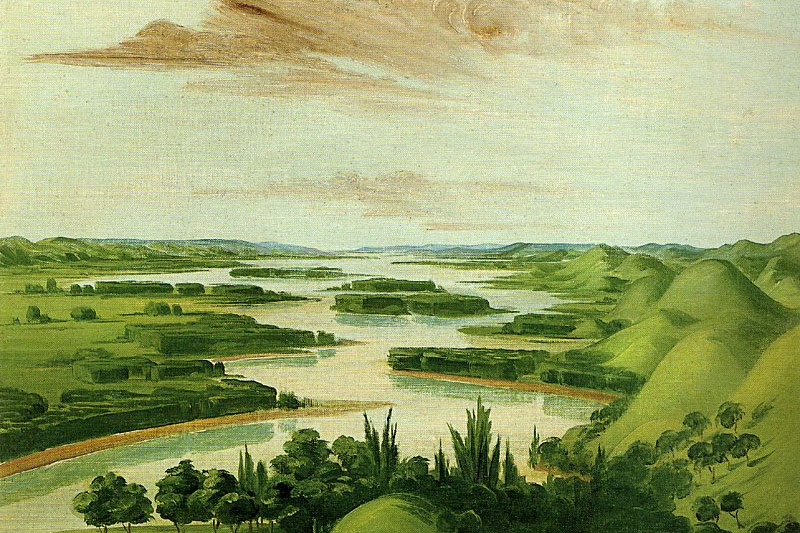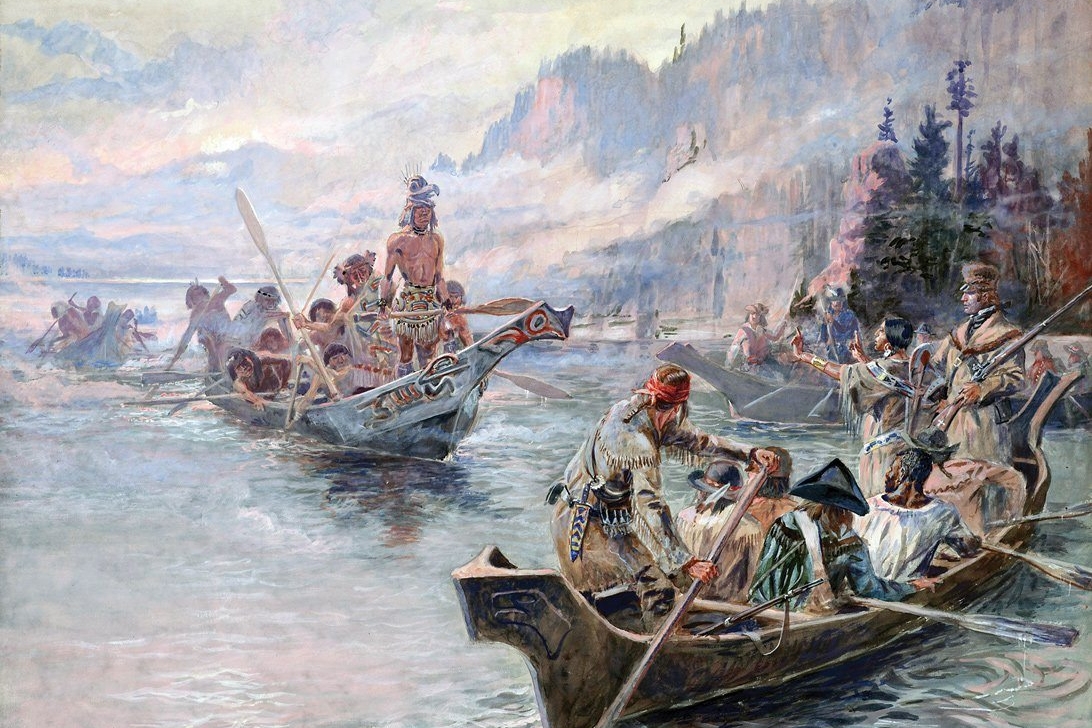August 31, 1793
This is the day that "Le Chasseur," the hunter, Louis Blanchette died. He had earlier established a trading post that he called Les Petite Cotes, or Village of Little Hills. Under the Spanish, the name was changed to San Carlos but the Americans call it St. Charles.
July 6, 1763
Maxent, Laclede and Company of New Orleans was granted the exclusive rights to trade with American Indians in the Mississippi Valley on this day. Hence, Laclede and his stepson came upriver and established a trading post which they named St. Louis.
June 14, 1804
The Corps of Discovery was having a terrible time in western Missouri near present day Miami. The current of the river was so strong that they were running out of ways to get the boats upstream.
March 9, 1804
In St. Charles and St. Louis flag raising ceremonies were conducted recognizing the new American sovereignty.
December 20, 1812
Sacagawea died at Fort Manuel in South Dakota. As promised, Explorer/Governor William Clark took custody of her son, Jean Baptiste and her infant daughter Lisette and raised them in St. Louis.
September 24, 1860
Antoine Robidoux was born into the prosperous St. Louis family of that name. His brother was the founder of St. Joseph but Antoine went further west and trapped, explored and led pioneers into the new territories.
February 16, 1763
The Treaty of Paris gave England and Spain most of North America. This left Places east of the Mississippi to the British and the Louisiana Territory went to Spain. Frenchmen, afraid of British rule, rushed to the Missouri area.
February 2, 1682
LaSalle looked across the Mississippi River on this day and saw what is now Missouri. The first European to do so.
Meet Missouri’s First Governors
It all began with the bargain of the century. A savvy deal negotiated between France and the United States more than two hundred years ago would set the stage for the first major challenge of this young nation in the New World.

